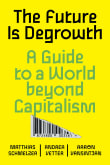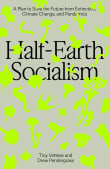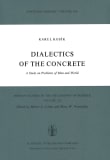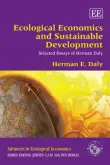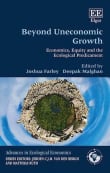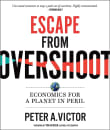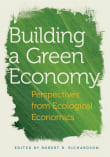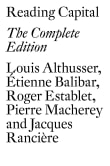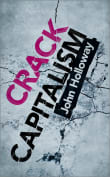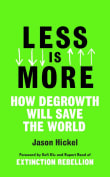Marx in the Anthropocene
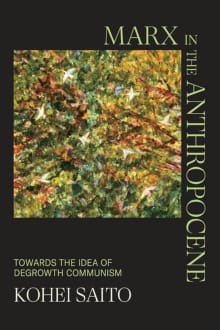
Book description
Facing global climate crisis, Karl Marx's ecological critique of capitalism more clearly demonstrates its importance than ever. This book explains why Marx's ecology had to be marginalized and even suppressed by Marxists after his death throughout the twentieth century. Marx's ecological critique of capitalism, however, revives in the Anthropocene against…
- Coming soon!
Why read it?
2 authors picked Marx in the Anthropocene as one of their favorite books. Why do they recommend it?

This new book (published in 2022) is one of the most important contributions to the ever-growing body of literature on the ecological crisis that has appeared to date.
It argues that the destruction of the natural environment is inseparable from the growth dynamic that defines capitalism’s hunger to increase economic value, money, and profit as end in itself. Breaking totally new ground, it argues that Marx’s writings on how capitalism degrades the metabolic interaction between labor and the environment illuminates the exact process we are living through today.
As against the standard narrative that Marx viewed the development of the…
From Peter's list on envisioning alternatives to capitalism.

Kohei Saito has become a media sensation in Japan, where one of his books on degrowth is a bestseller.
This one, Marx in the Anthropocene, argues that successful degrowth must be communist, i.e. with a democratic sharing of resources as its foundation. Saito’s other aim is to challenge a common preconception about Marxism.
For a hundred years, most Marxists were gung-ho about economic growth. But Saito has been researching in Marx’s unpublished notebooks. They reveal that in his final years the German communist was moving toward a degrowth politics. This is a revelation.
Together with other eco-Marxists writing over the…
From Gareth's list on Degrowth from a fellow traveller.
If you love Marx in the Anthropocene...
Want books like Marx in the Anthropocene?
Our community of 12,000+ authors has personally recommended 100 books like Marx in the Anthropocene.




